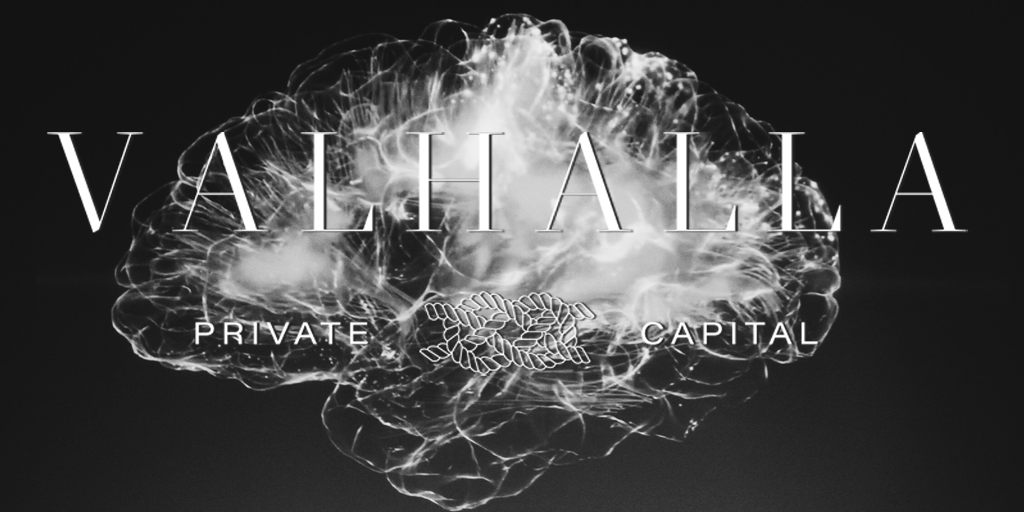
Emmet McGonagle
It looks like the latest impediment to staff en masse has crept upon us as a result of the coronavirus pandemic: introducing brain fog.
According to estimates from the US Census Bureau, the number of adults with a disability rose from less than 15 million before the pandemic to about 16.5 million in September 2023, a number of which are experiencing “serious difficulty” thinking in a condition that has been linked to long Covid.
This particular infliction - defined by Healthline as “a symptom that [...] can cause confusion, memory issues, and a lack of focus” - has reportedly caused adults between their 20s and 40s to struggle with attention and conversation. People older than this age bracket, however, are more likely to experience memory deficits.
Arianna Huffington, founder and CEO at Thrive Global, has reiterated that brain fog can be caused by a range of different factors outside of Covid-19.
Via LinkedIn, she explained: “Even if that’s true, we should remember there are many factors that contribute to cognitive fog, from burnout and a lack of sleep to the gut-brain connection and the role of inflammatory foods in our diet.”
Indeed, Healthline notes six common causes of brain fog: stress, lack of sleep, hormonal changes, diet, medications and medical conditions.
But it seems not everyone is satisfied with the American government’s connection between the coronavirus pandemic and brain fog.
Sarah Hatter, senior director of community and events at PartnerHero, maintains that “we do not want to acknowledge that the consecutive traumas of a global pandemic, recession and mass layoffs, inflation, ridiculous political upheavals, and two active wars have changed how our brains work.”
On the topic, she elaborated: “We are all changed because of it, and that means the way we manage people has to change.”
On the plus side, there are a series of
ways in which brain fog can be managed, including improving your diet, solving brain puzzles and exercising. In relation to the working world, however, brain fog can be combated through avoiding caffeine (yes, even your morning coffee), managing stress and sleeping 8-9 hours a night.
Do you have a question about angel investing? Get in touch with Valhalla Private Capital via our
contact page.



